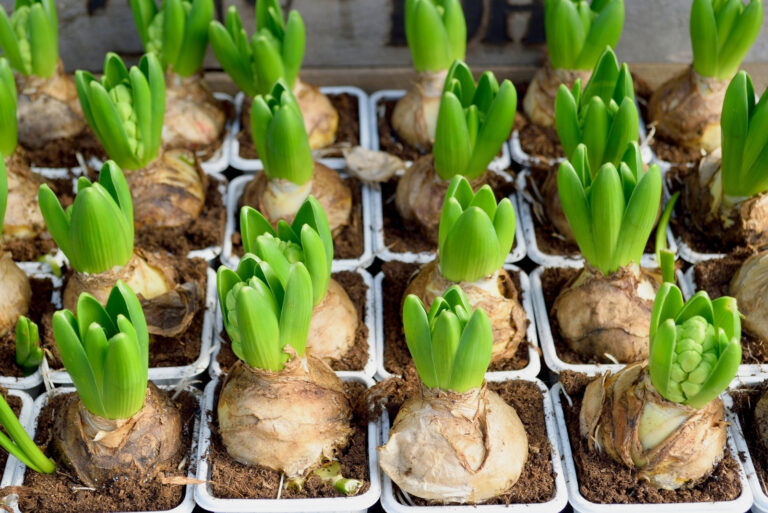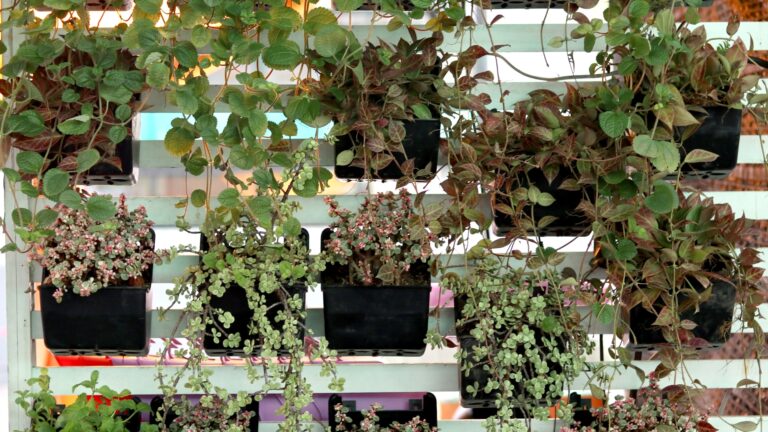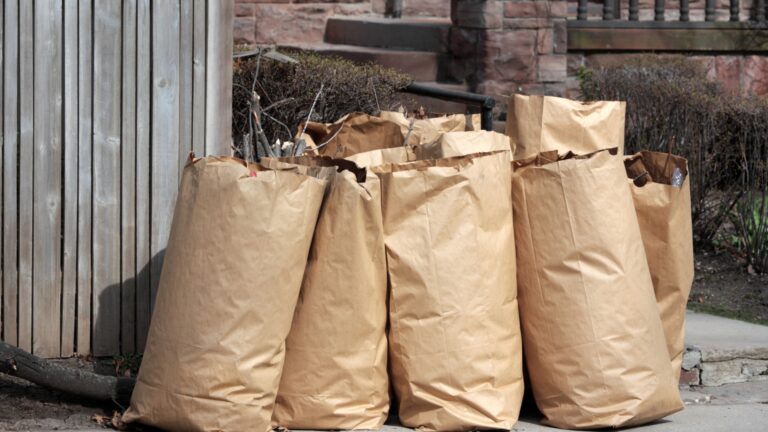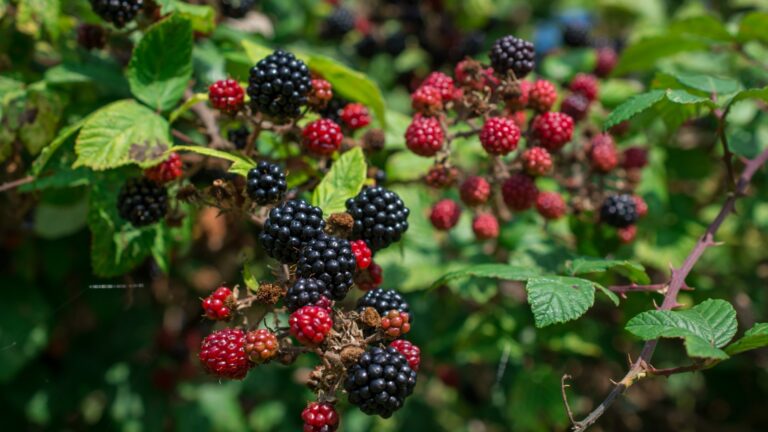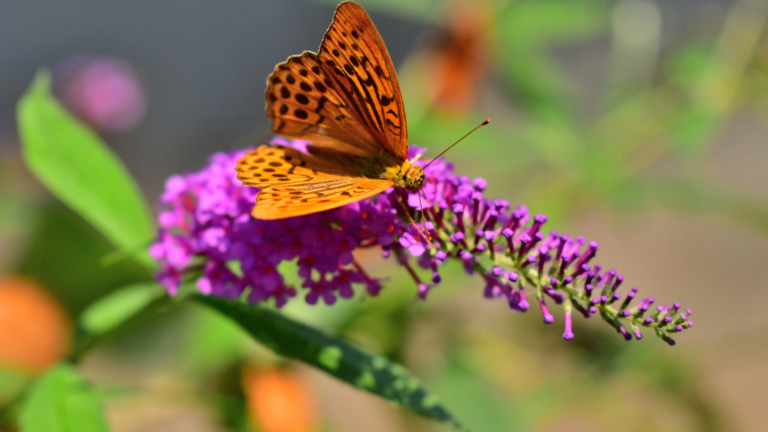The Top Fall Gardening Mistakes People Make In Massachusetts
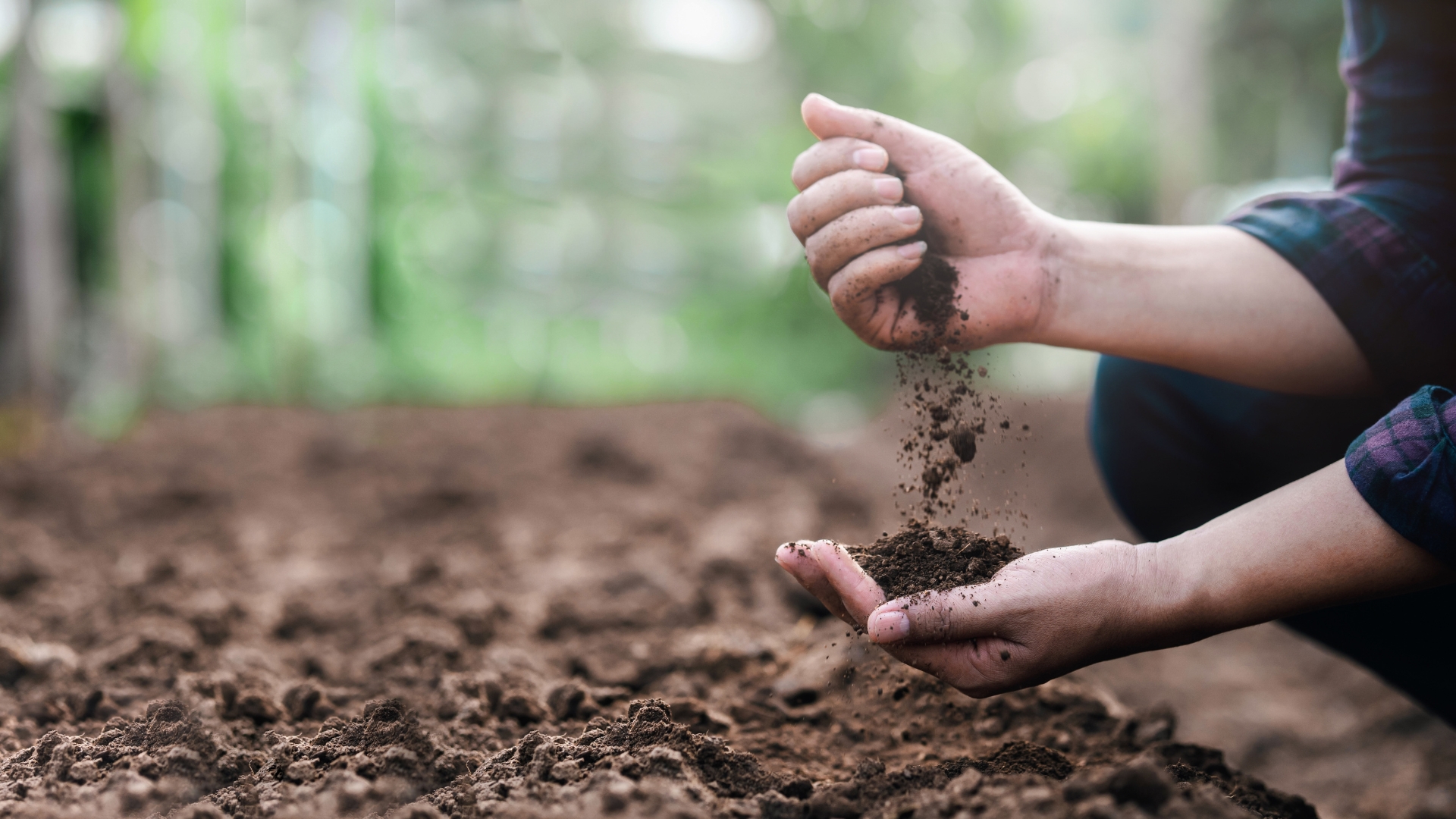
Fall in Massachusetts is a beautiful time to garden, but it’s also easy to slip up without realizing it. Many gardeners make simple mistakes that can affect their plants’ health through the colder months.
From planting too late to overlooking soil care, these missteps can cost you a thriving garden next spring. Let’s uncover the top fall gardening mistakes and how to avoid them so your garden stays happy and strong all year long!
1. Skipping Soil Testing
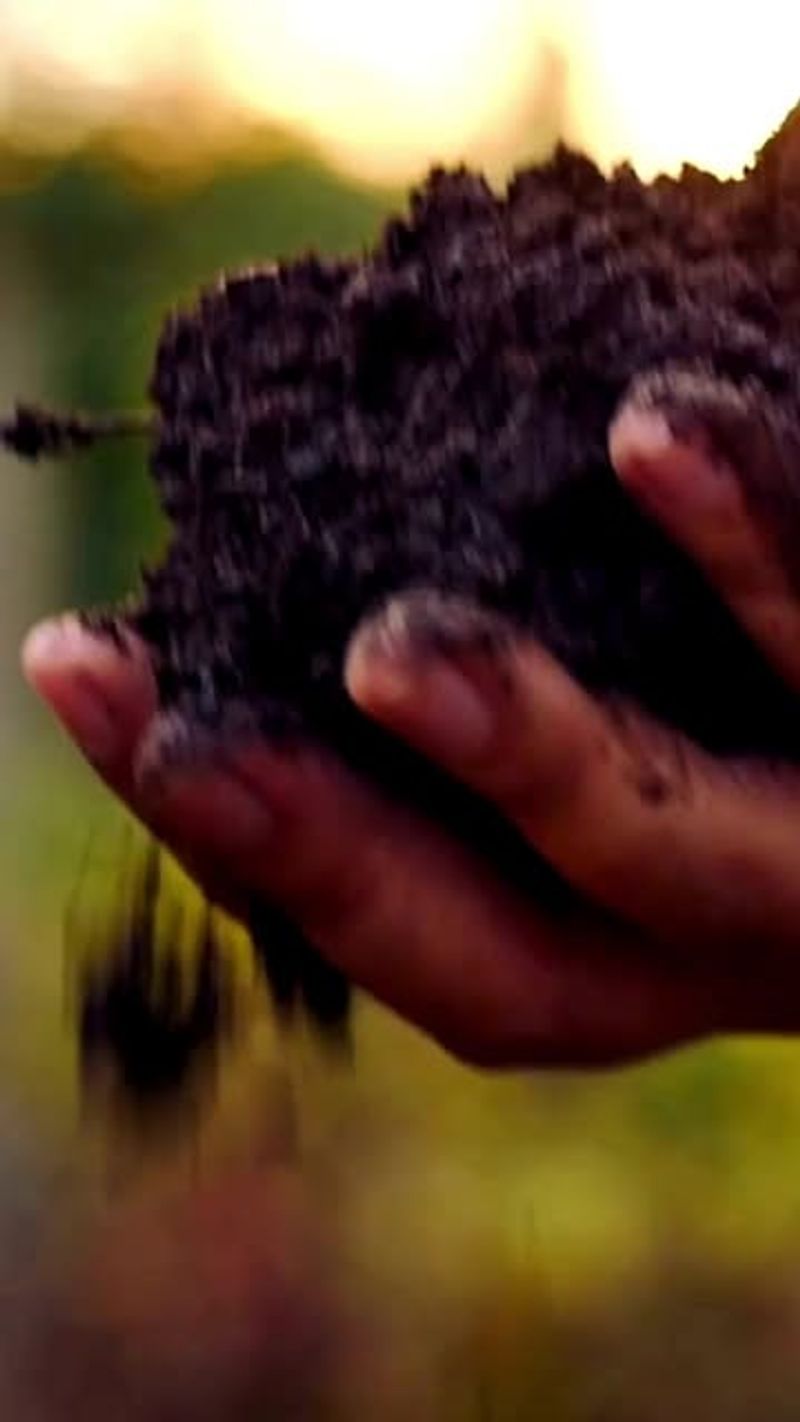
Many Massachusetts gardeners rush into fall planting without checking their soil’s health first. Fall is actually the perfect time to test your soil, allowing plenty of time to make necessary amendments before spring.
Local extension offices across the state offer affordable testing services that can save you countless dollars on wasted plants and fertilizers that don’t address your soil’s actual needs.
2. Planting Too Late
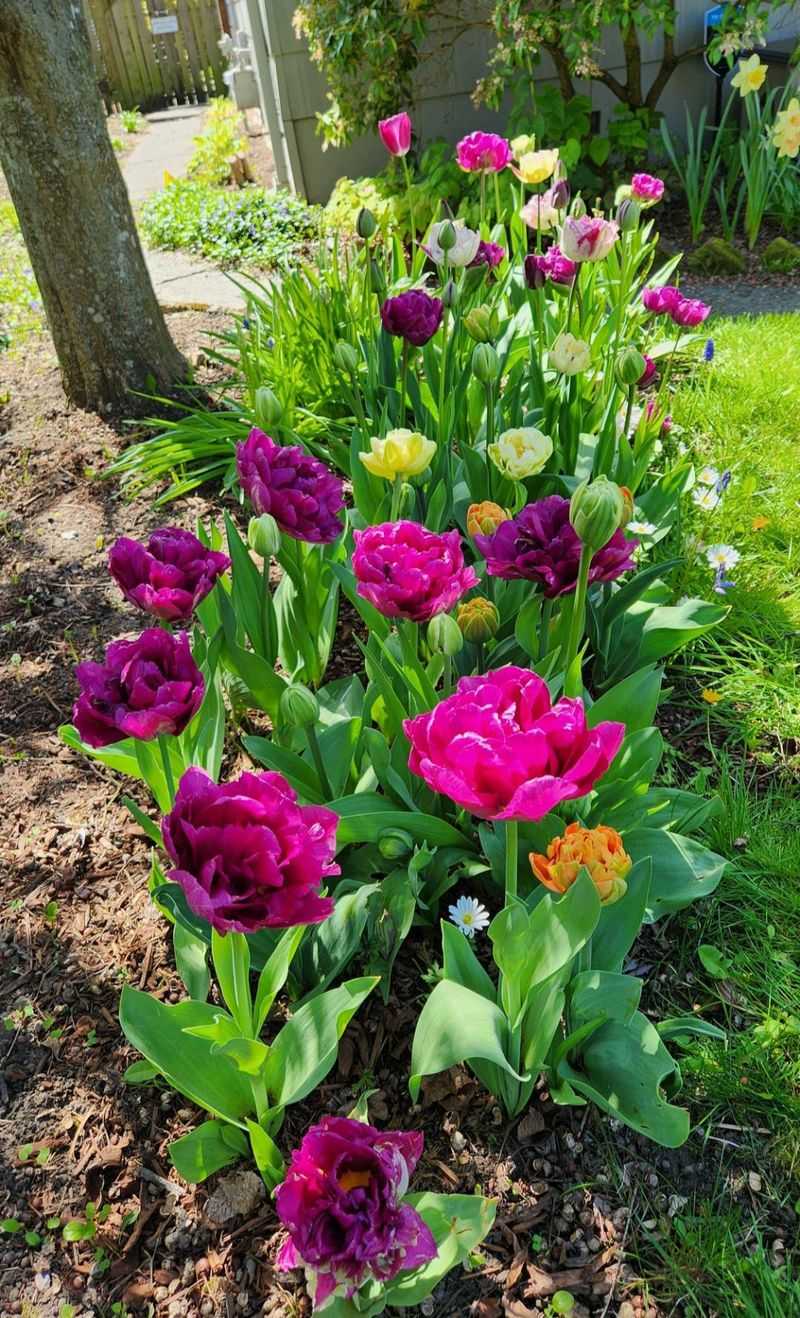
The Massachusetts growing calendar doesn’t pause just because summer ends. Many gardeners wait until mid-October to plant spring bulbs or fall vegetables, missing crucial establishment time before the first hard frost hits.
Our state’s variable climate means timing matters tremendously. Most fall planting should happen by late September, giving plants several weeks to establish roots in still-warm soil.
3. Improper Mulching Techniques
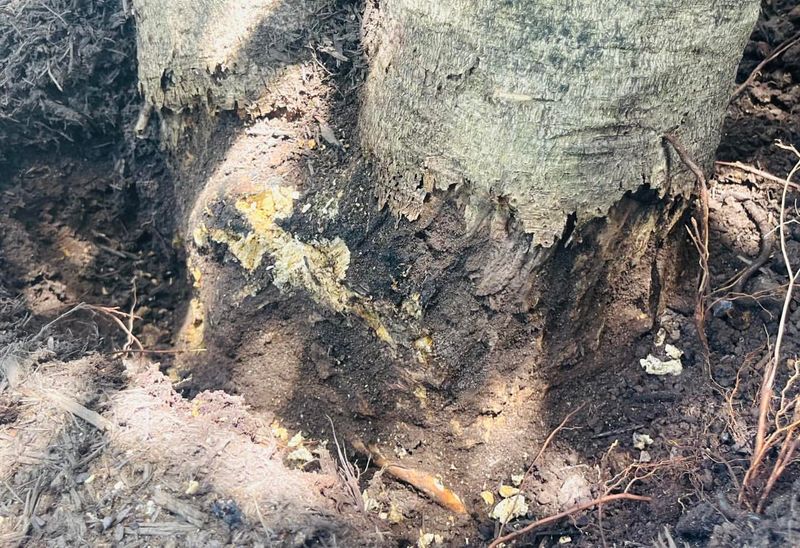
Volcano mulching around trees remains one of the most common mistakes seen in Massachusetts landscapes. Piling mulch against tree trunks creates perfect conditions for disease, pests, and trunk damage.
The correct approach keeps mulch a few inches away from trunks while extending it outward to the drip line. Many Bay State gardeners also use too little mulch in beds, missing out on crucial winter protection.
4. Overlooking Native Plants
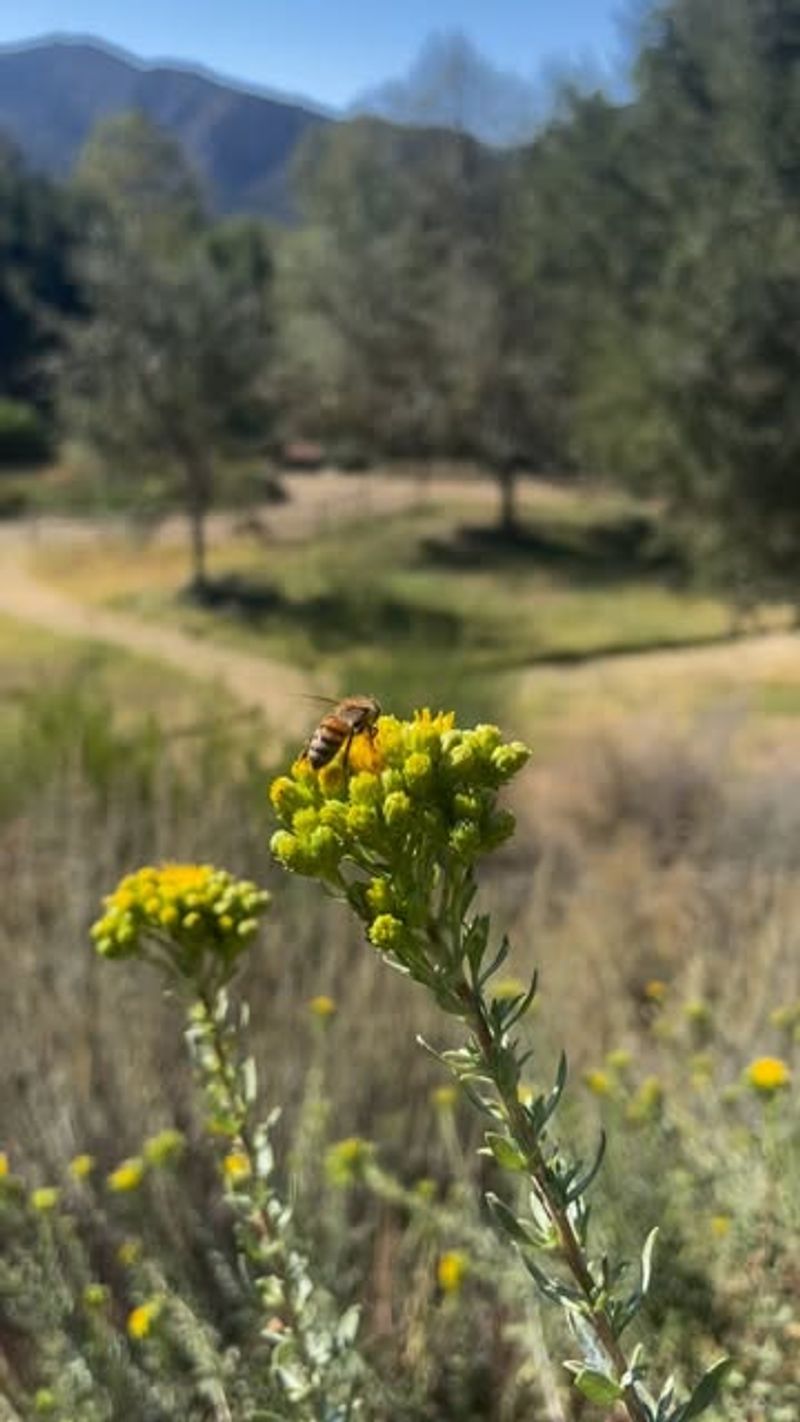
Fall nursery sales tempt Massachusetts gardeners with exotic varieties, while overlooking native plants that would thrive with minimal care. Native species like asters, goldenrod, and winterberry provide crucial late-season food for local wildlife.
These plants have adapted perfectly to our unique New England conditions and seasonal changes, requiring less water and fertilizer while supporting local ecosystems better than imported alternatives.
5. Neglecting Fall Vegetable Crops
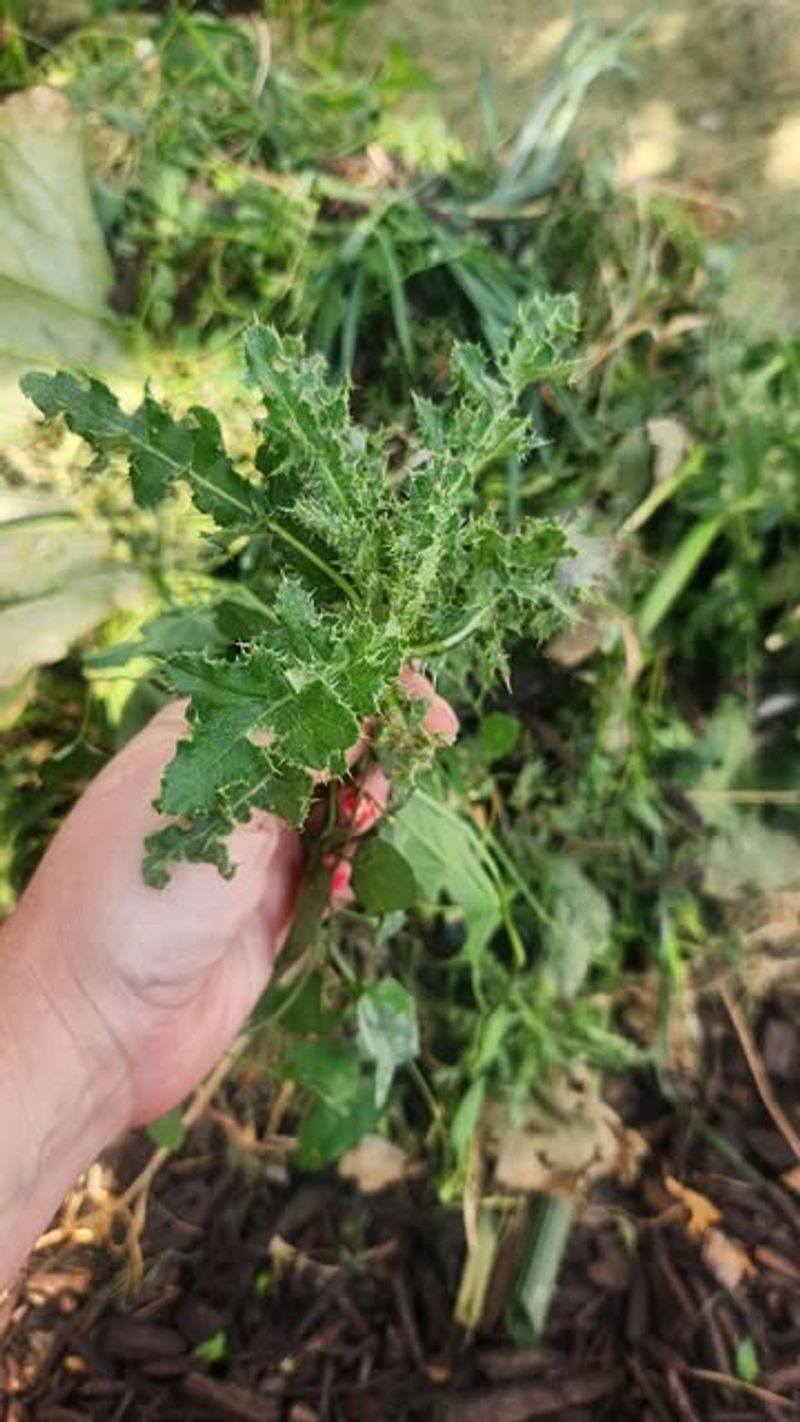
Many gardeners across Massachusetts miss out on a productive second growing season by putting their vegetable gardens to bed after summer. Cool-season crops like kale, spinach, and carrots actually thrive in our fall temperatures.
The Commonwealth’s first frost typically arrives between late September and late October, giving plenty of time for quick-growing greens and root vegetables that often taste sweeter after light frost exposure.
6. Forgetting to Divide Perennials
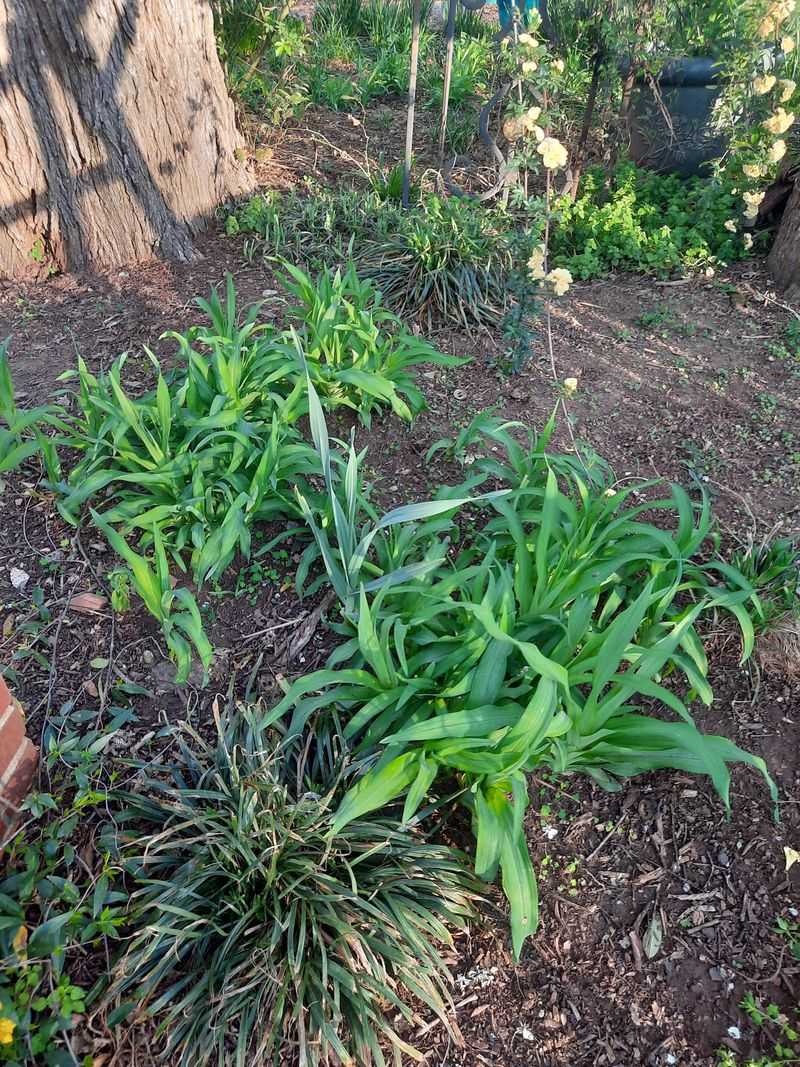
Fall offers the perfect opportunity to divide overcrowded perennials, yet many Massachusetts gardeners overlook this crucial task. Dividing plants like hostas, daylilies, and irises reinvigorates them and prevents disease issues from overcrowding.
Our state’s cool, often rainy fall weather creates ideal conditions for divided plants to establish new roots before winter dormancy. Plus, you’ll gain free plants to fill empty garden spots or share with neighbors.
7. Ignoring Watering Needs
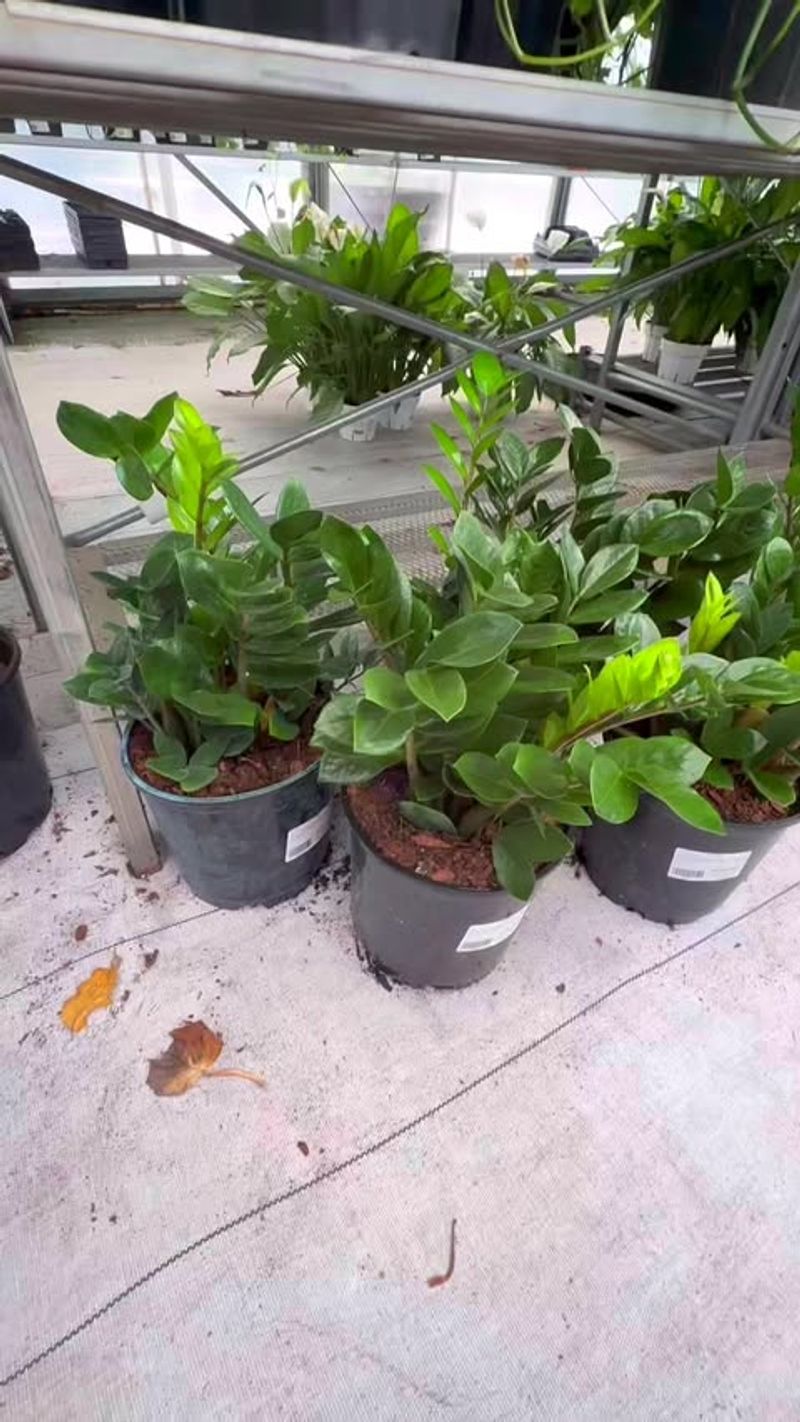
Massachusetts fall weather can be deceptively dry, leaving many gardeners mistakenly thinking their plants don’t need supplemental water. Newly planted trees and shrubs especially need consistent moisture until the ground freezes.
Evergreens across the Bay State are particularly vulnerable to winter desiccation if they enter dormancy already drought-stressed. Deep watering until late November helps prevent winter damage that won’t show until spring.
8. Excessive Fall Pruning
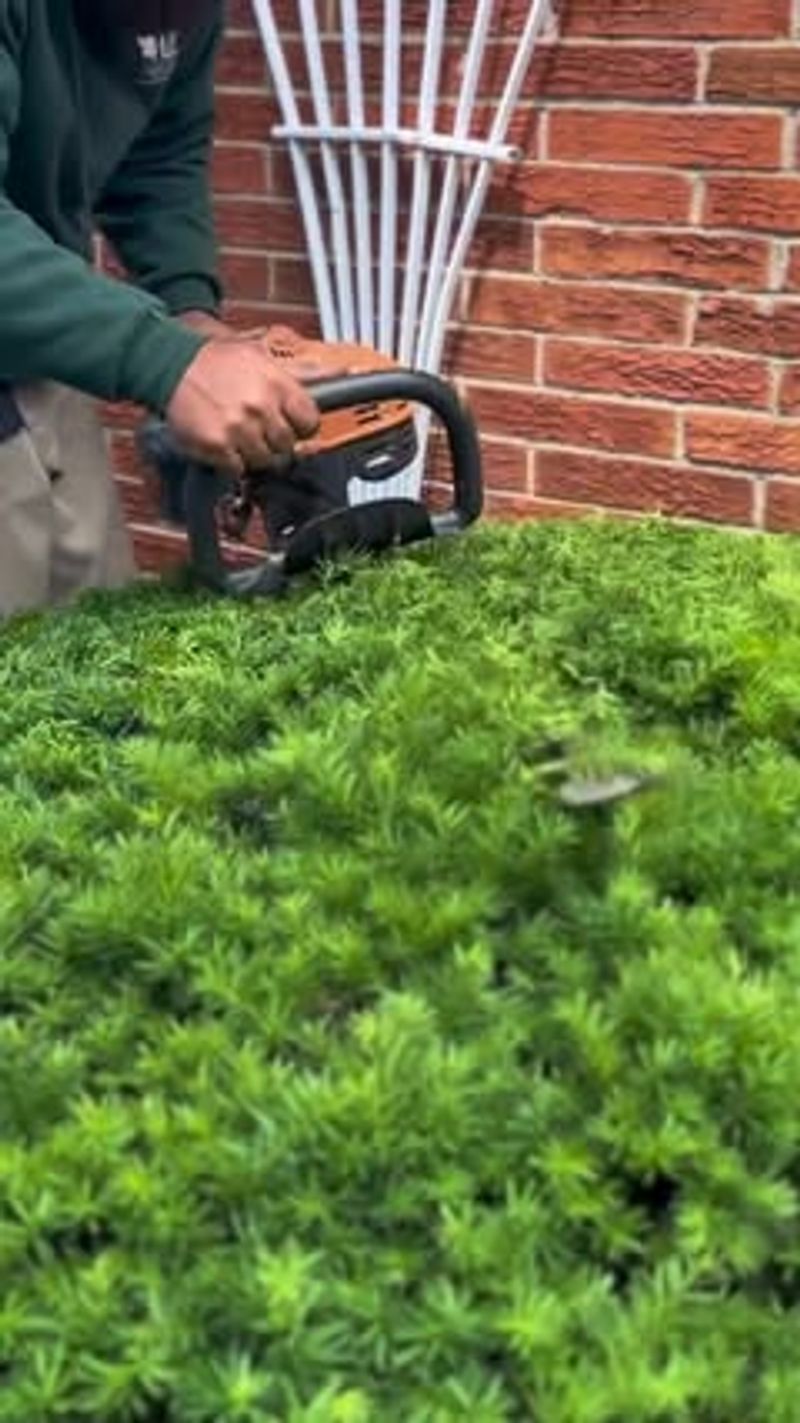
Aggressive fall pruning stimulates new growth that won’t have time to harden off before Massachusetts winter arrives. This tender growth often dies back, creating entry points for disease and weakening the overall plant structure.
Many flowering shrubs across the Commonwealth set next year’s buds in fall, so pruning them now removes next year’s blooms. Save major pruning for late winter when plants remain fully dormant.
9. Letting Weeds Go to Seed
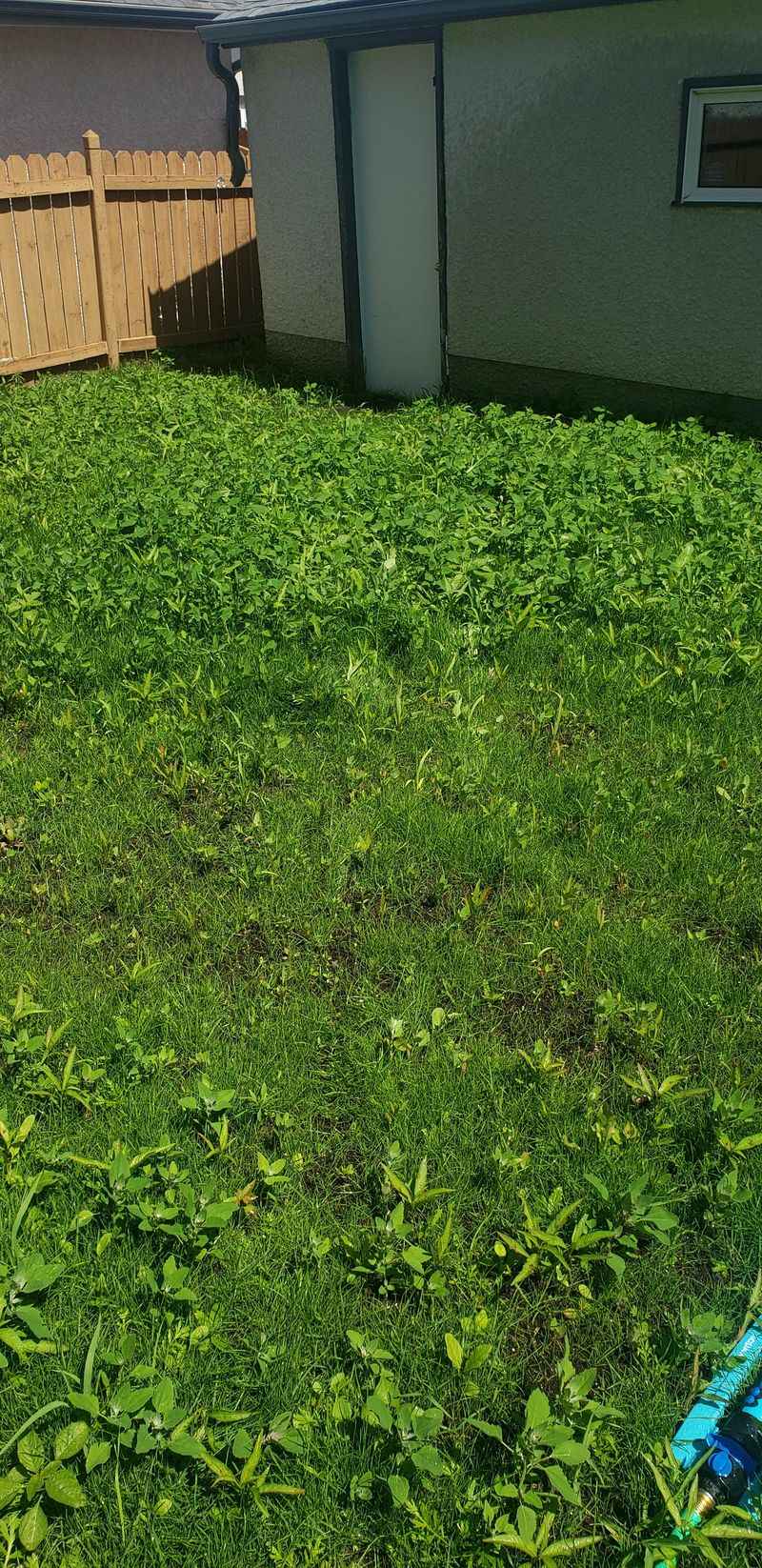
Relaxing weed control efforts in fall creates massive problems for next year’s Massachusetts gardens. A single crabgrass plant can produce thousands of seeds that will plague your lawn come spring.
The Bay State’s relatively mild fall temperatures provide perfect conditions for cool-season weeds to flourish and set seed. Removing them now saves countless hours of weeding next season when you’d rather be enjoying your garden.
10. Hasty Garden Cleanup
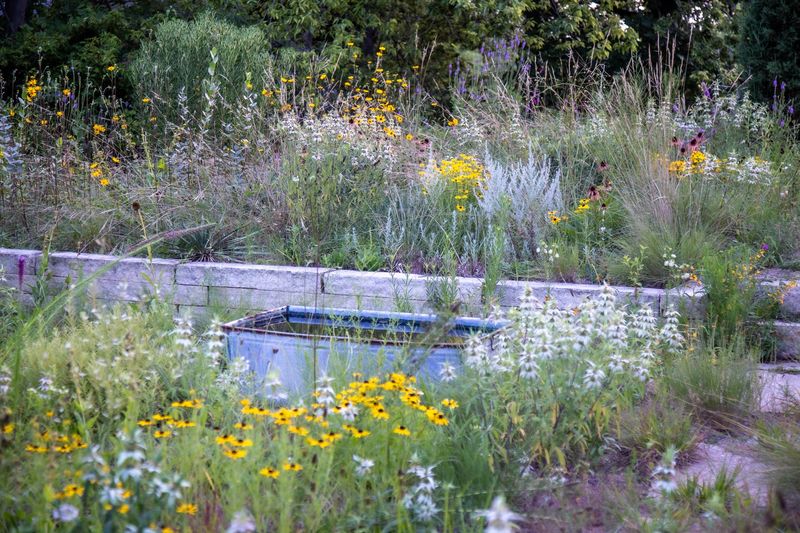
Overzealous fall cleanup strips Massachusetts gardens of valuable wildlife habitat and winter interest. Seed heads from coneflowers and ornamental grasses provide food for birds, while hollow stems shelter beneficial insects.
Many native bee species across the state rely on plant debris for overwintering sites. Consider leaving some areas less tidy until spring, particularly native plant areas that provide crucial ecosystem services throughout the dormant season.
11. Skipping Composting Opportunities
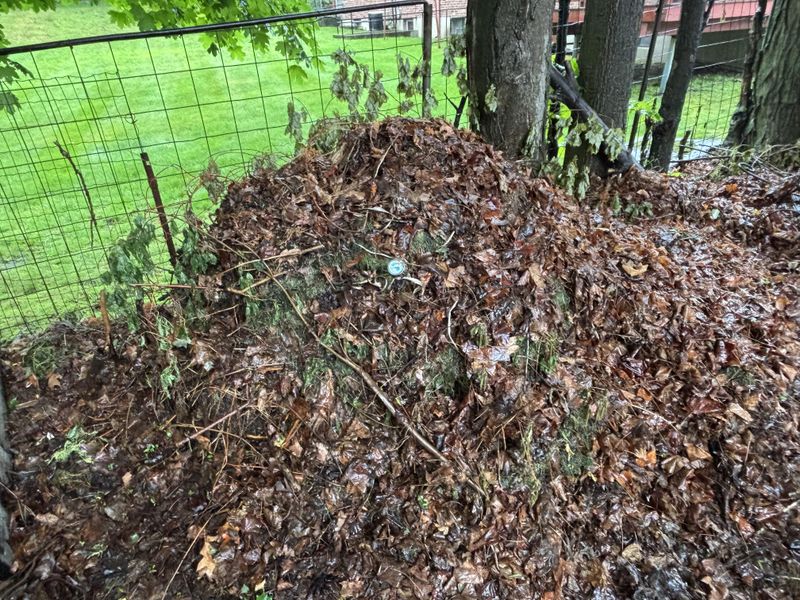
Fall generates enormous amounts of organic material that many Massachusetts gardeners simply bag up and discard. Those fallen leaves are gardening gold, packed with nutrients that could be enriching your soil instead.
The Commonwealth’s deciduous forests have been naturally composting leaves for millennia. Shredding leaves with a mower speeds decomposition, creating valuable leaf mold that improves soil structure and feeds beneficial microorganisms in your garden.
12. Inadequate Pest Prevention
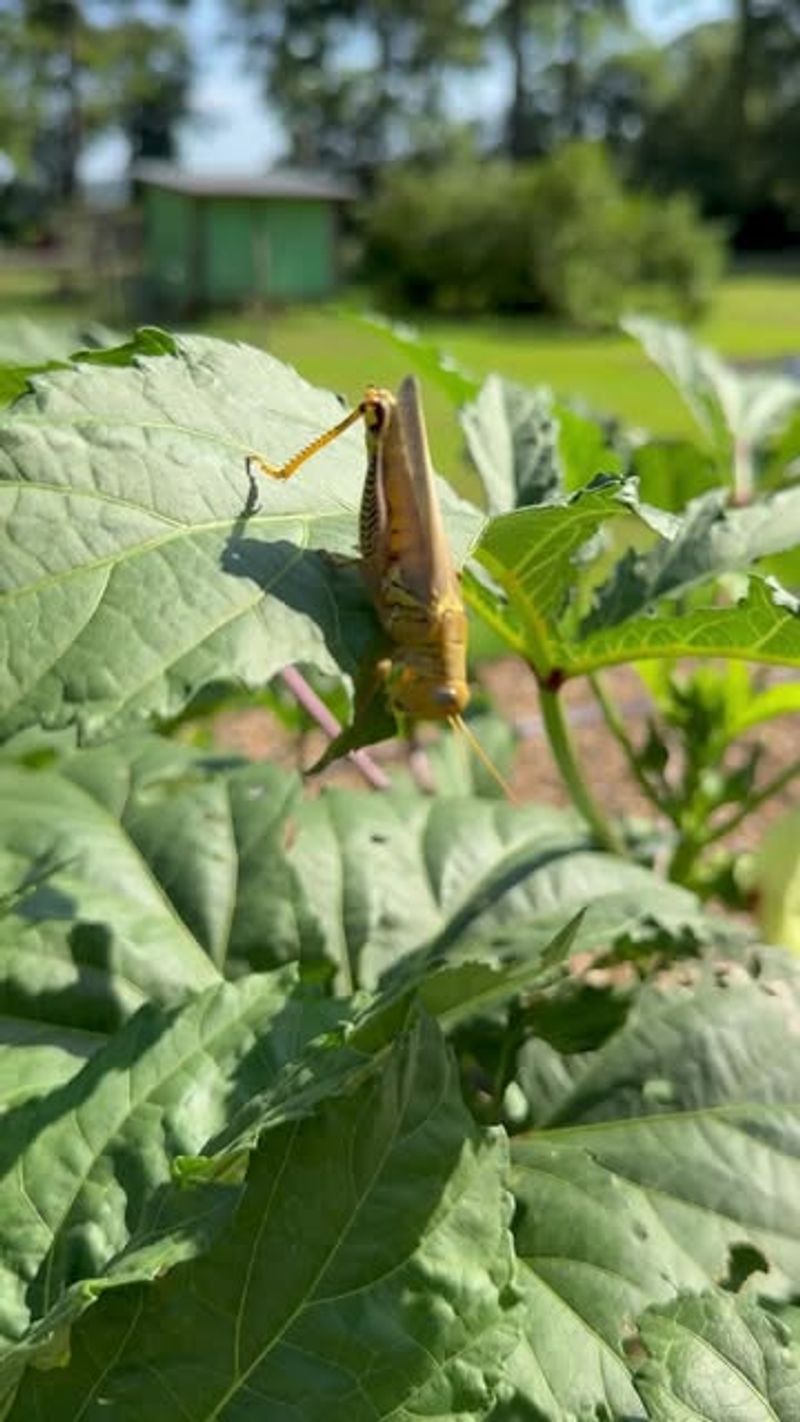
Fall is when many Massachusetts gardeners unwittingly set the stage for next year’s pest problems. Leaving plant debris from pest-affected plants provides overwintering sites for problems like squash bugs, cucumber beetles, and fungal spores.
Our state’s variable winter temperatures often aren’t cold enough to kill these pests completely. Removing affected plant material and rotating crop families in vegetable gardens breaks pest cycles before they restart in spring.
13. Neglecting Lawn Care
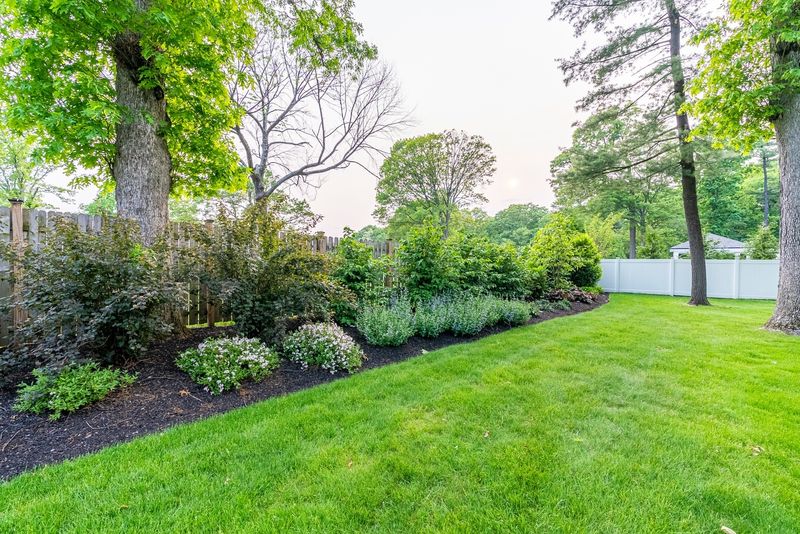
Many Massachusetts homeowners miss the critical fall window for lawn renovation. September and October offer ideal conditions for overseeding thin areas, controlling weeds, and building stronger root systems before winter.
The Commonwealth’s cool fall temperatures and typically reliable rainfall create perfect conditions for grass seed germination. A single fall application of the right fertilizer does more good than multiple summer applications that often just feed weeds.
14. Forgetting to Winterize Equipment

Putting away dirty, fuel-filled garden tools leads to frustrating spring breakdowns for many Massachusetts gardeners. Small engines need proper winterization to prevent fuel system damage during our long, cold winters.
The freeze-thaw cycles common across the Bay State are particularly hard on forgotten outdoor equipment. Taking time to clean, sharpen, and properly store tools now saves both money and precious spring gardening time.
15. Planting Without Winter Protection Plans
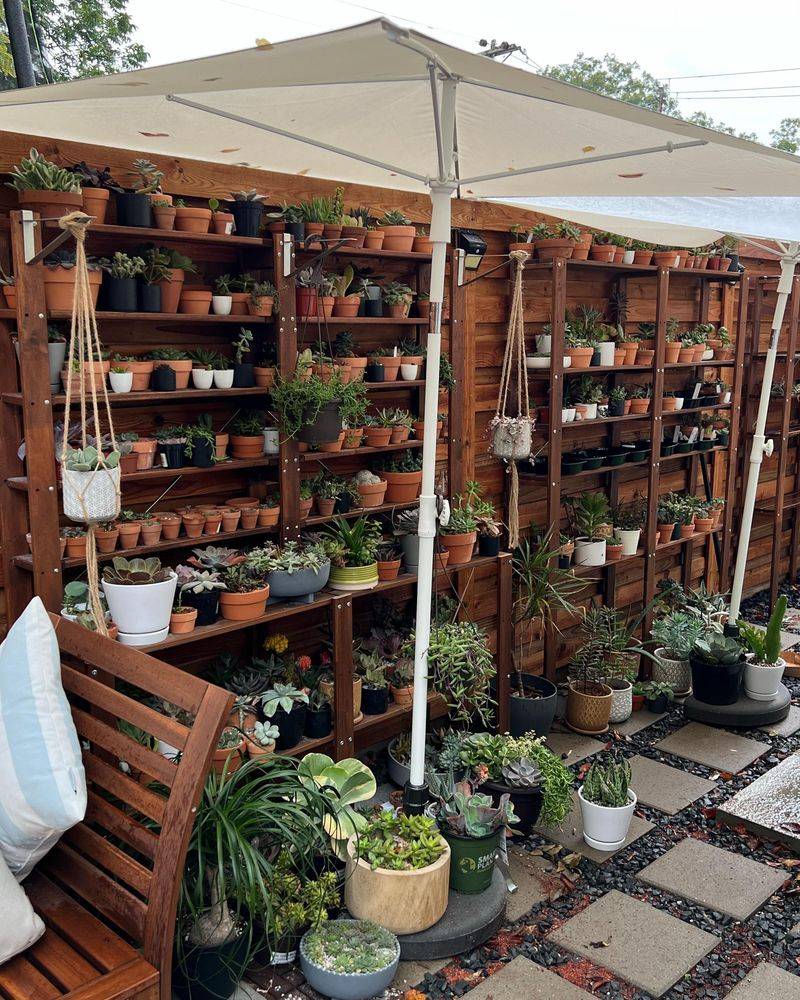
Fall-planted specimens need extra protection during their first Massachusetts winter. Many gardeners plant new shrubs or trees without considering how to shield them from drying winds, temperature fluctuations, and animal damage.
Our state’s winter conditions can be brutal on new plantings. Anti-desiccant sprays for broadleaf evergreens, burlap screens for exposed plants, and physical barriers against hungry rabbits and deer should be part of any fall planting strategy.

